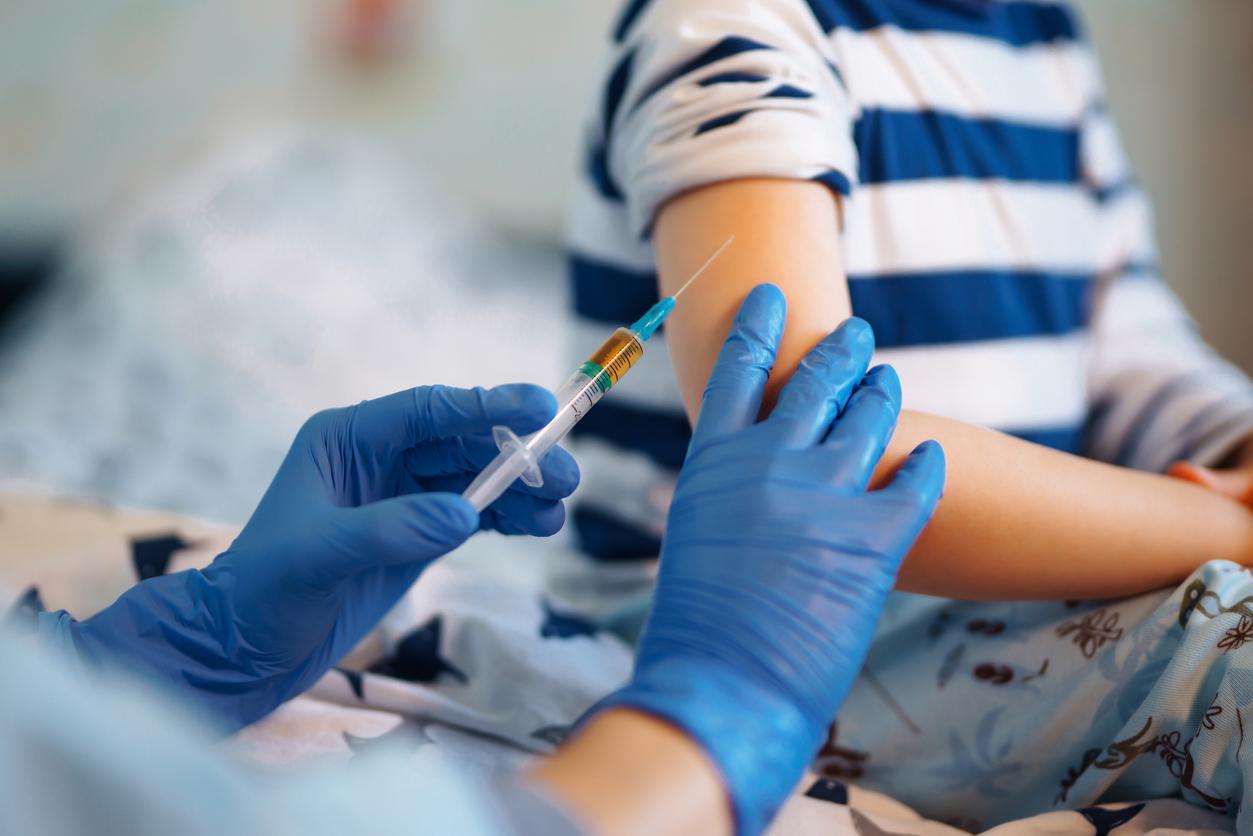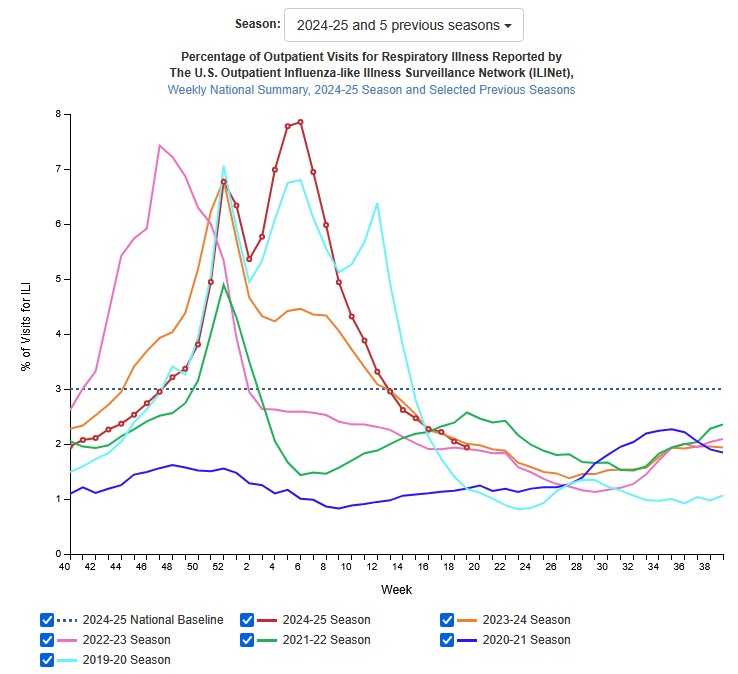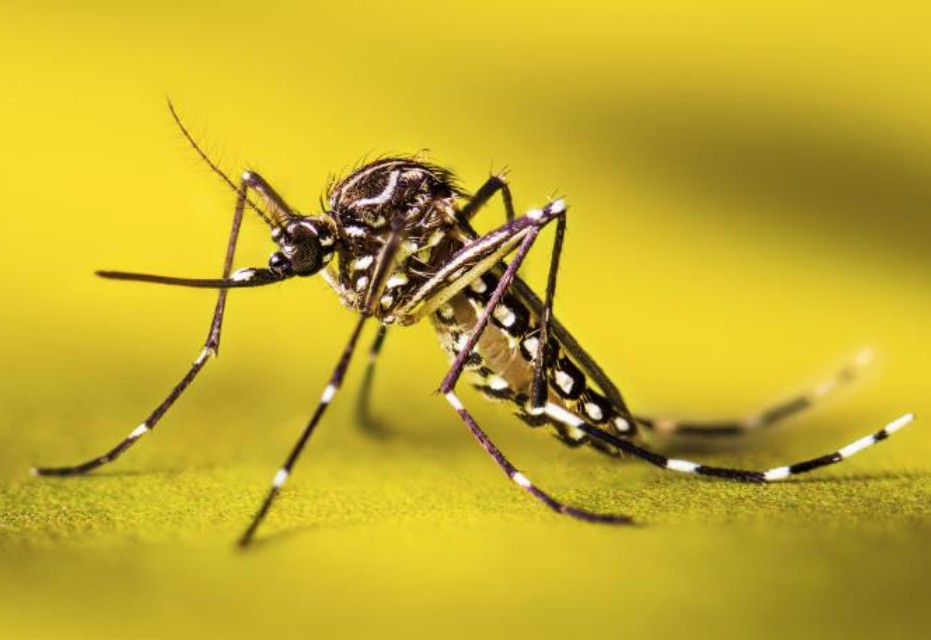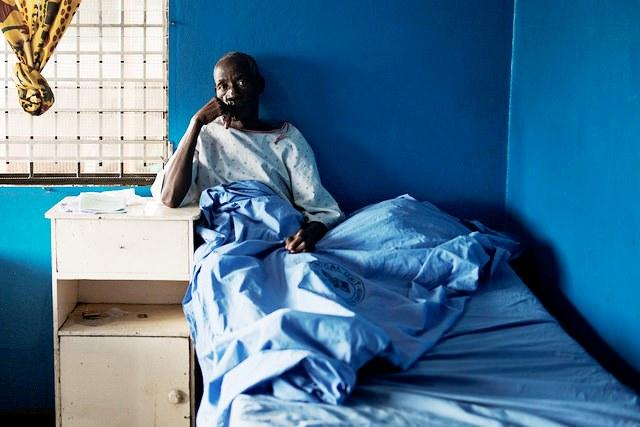An analysis of data from US hospitals in 2019 found that antibiotic treatment durations for uncomplicated gram-negative bloodstream infections (GN-BSIs) were longer than necessary, with marked variation among hospitals, researchers reported yesterday in Open Forum Infectious Diseases.
The observational study examined data on 4,240 episodes of GN-BSI (median patient age, 67 years; 51% male) at 24 US hospitals, all of which had antimicrobial stewardship programs. Half of the cases were uncomplicated, and 30% involved patients with compromised immune systems. The most frequent pathogens were Escherichia coli (53%), Klebsiella pneumoniae (21%), and Pseudomonas aeruginosa (8%).
The median duration of antibiotic treatment for all GN-BSI episodes was 12 days, with 59% of cases treated for 10 days or more. In the uncomplicated and immune-compromised subgroups, the median treatment duration was 11 days and 13 days, with 51% and 67% treated for 10 days or more, respectively. At the individual hospital level, median treatment durations ranged from 7 to 14 days, with a similar pattern of variability observed in the uncomplicated and immune-compromised subgroups.
A logistic regression model that included only uncomplicated cases found that isolation of a non-Enterobacterales organism, isolation of a multidrug-resistant organism, and lack of intravenous to oral antibiotic switch at day 5 were independently associated with prolonged treatment.
'Substantial opportunity' to reduce treatment durations
The study authors say the findings are noteworthy, because randomized trials have demonstrated the effectiveness of 7 days of therapy for uncomplicated GN-BSI. In addition, most physicians and pharmacists reported in a prior survey that their preferred duration of therapy was 7 days.
"Overall, our findings suggest there is likely substantial opportunity to reduce unnecessary variation in treatment durations for uncomplicated GN-BSI by promoting evidence-based, 7-day durations of therapy," they wrote. "This highlights the need to disseminate and scale successful interventions to reduce inappropriate variability in treatment durations."

 US flu activity is low and declining further, according to the latest
US flu activity is low and declining further, according to the latest 














